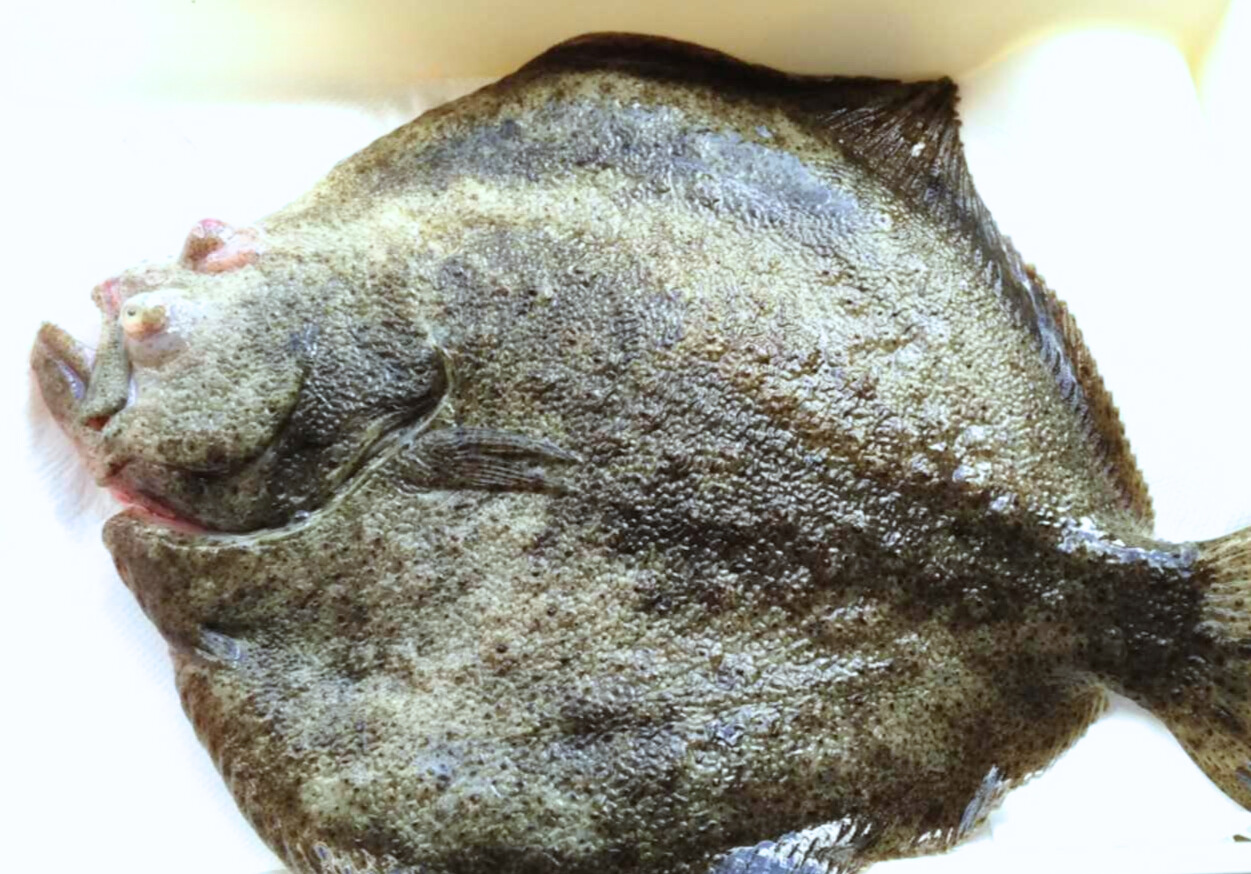Researchers from CESAM, in partnership with a company in the sector, have successfully carried out the MAXIAQUA project, whose main objective is to find natural and sustainable solutions for controlling Philasterides dicentrarchi, a parasite that affects turbot aquaculture. The project received funding of €345,147.00 from the European Maritime and Fisheries Fund (EMFF) through the Mar2020 program.
The multidisciplinary team of this project, coordinated by researcher Catarina Marques (CESAM/DBio) and co-coordinated by Professor Amadeu Soares (CESAM/DBio), developed a sustainable solution based on natural extracts from plants, algae, and other organisms. These extracts demonstrated anti-protozoal activity against various biological responses of the parasite. In vitro tests revealed the inhibition of activity and expression of genes encoding proteases, responsible for the parasite’s infectious action in fish, as well as inducing oxidative stress and reducing the population growth and survival of Philasterides dicentrarchi.
Intensive turbot aquaculture plays a significant role in the national economy, being the species with the highest production volume. However, the sustainable management of diseases caused by pathogenic organisms has been a challenge for the sector. Scuticociliatosis, caused by the parasite Philasterides dicentrarchi, results in significant economic losses and aquaculture production.
The developed natural product was also tested in in vivo trials with turbot in a pilot recirculating aquaculture system (RAS), the first and only one at UA, built at ECOMARE. In vivo trials allowed determining the palatability, digestibility, and the effect of the product on enhancing turbot resistance. The prototype reached a high level of technological maturity and demonstrated promise in controlling parasite outbreaks and potentially other diseases.
Catarina Marques, the project coordinator, highlights the importance of MAXIAQUA for national aquaculture, as it has the potential to provide innovative and environmentally sustainable solutions for disease management in this field. Emphasizing the production, scale-up, and validation of the developed product as the next steps to further boost sustainable turbot aquaculture.
Text by: CESAM based on UA online news
